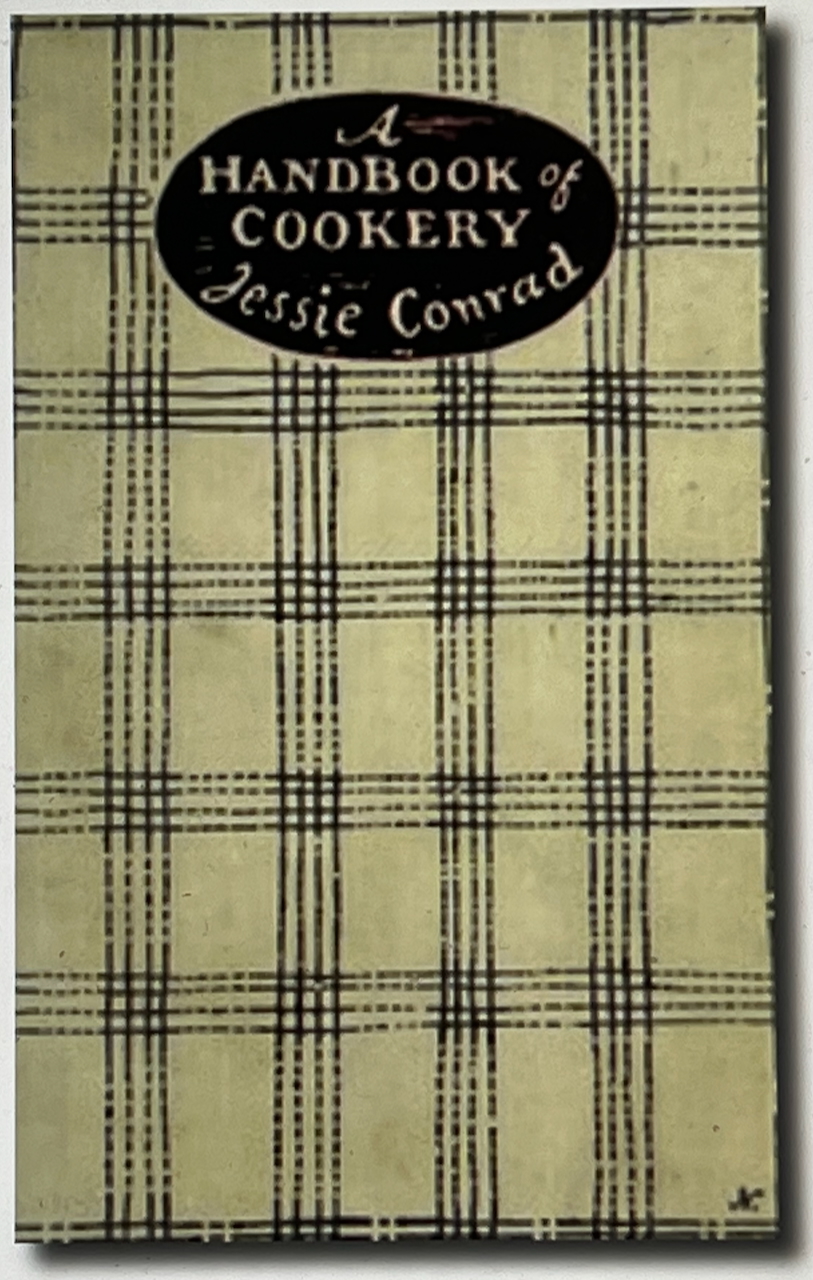Not-So-Random Acts of Kindness
October 25, 2023

A recent visitor to a United Methodist Church in a St. Louis suburb came in from the parking lot with confidence but hesitated at the door, as if he did not know how to proceed. (“At Kirkwood UMC, we say ‘all are welcome, all are forgiven, and all are invited to believe’…and we mean it,” says the church’s website.) It was a weekday noon.
He and the greeter, whose nametag read Bob, blocked the entry as they tried to work it out. The visitor asked if all those people in the lobby were also there for the luncheon, and Bob said he did not know of a luncheon. Together they worked on questions of which room, what the event was, and the name of the visitor’s host, but the visitor knew nothing except the name of his host’s business. Bob looked at him a bit sharply, though the visitor was older, like Bob, wore glasses, and was dressed in khakis and a button-down shirt. The visitor said he would wait outside for his host to arrive.
Standing in the sun he told someone on the phone he was there to bear witness to something positive in a time of bad news, something done over time with more empathy and engagement than “performing” another “random act of kindness”—impersonal, quick, and monetary—such as someone paying for the order of the car behind them in a Starbucks drive-through. He said he wondered if misanthropes proved themselves wrong by not looking for larger, more complicated pictures.
There was only one event at the church that afternoon, a luncheon to celebrate twenty-five years of service by the local Shepherd’s Centers of America chapter. Bob, it turned out, had served on its board with the visitor’s host. They got it worked out, and everyone began walking down the stairs or riding in the elevator one floor down to the basement.
Shepherd’s Centers is a network of fifty-seven affiliate chapters across the country that offers some 165,000 people “services such as transportation, handy helpers, friendly visits, grocery shopping, and respite care to help older adults remain living in their own homes and communities.”
The church basement was the site of the buffet: chicken thighs on stuffing with gravy, roasted potato slices, vegetable lasagna, squares of cake, iced tea. I was seated at a table with a retired accountant and his wife, who had worked for the Washington University cancer center; a realtor (“These prices are going to have to start coming down soon”); two men from Aetna; and an insurance broker. The accountant volunteered regularly to drive seniors around. The others were sponsors of the local Shepherd’s Center, had taught a class there, or served in other roles.
An MC for the anniversary event said somebody—clients or volunteers, it was unclear—were in the last quarter of their lives. The visitor looked around as if he felt sympathy for those people, though there was little doubt he was into his seventh decade. The median age in the room was probably over sixty, and in many cases the volunteers at the big round tables were years past retirement and possible candidates, one day soon, for the services of the organization. This appears to be part of the point of their community-building.
Testimonials were offered about the success and utility of the Center, and recognitions were given to volunteers. The big award went to a barbecue chef who often donated his time, tools, expertise, and ingredients to Center events. Most who had enjoyed his food did not know he was a professional or that he worked for free. He accepted the award bashfully and left the stage quickly.
The Executive Director of the national organization congratulated the chapter by pre-recorded video with a deep-South twang, and the local president, a retired auto executive, I was told, said wryly that he was not sure he would be at the next such anniversary in another twenty-five years. The room chuckled through their cake.
Afterwards the business people networked a little and handed out business cards. Bob was introduced to the man he had dealt with before the luncheon. They shared a look but did not let on to their mutual acquaintance their prior misunderstanding. It was comical to watch, but they were part of the same thing now and any awkwardness forgiven. The winner of the table raffle got to take home the paper flowers used as centerpiece. She was going to drive them across town to an older person she knew.





